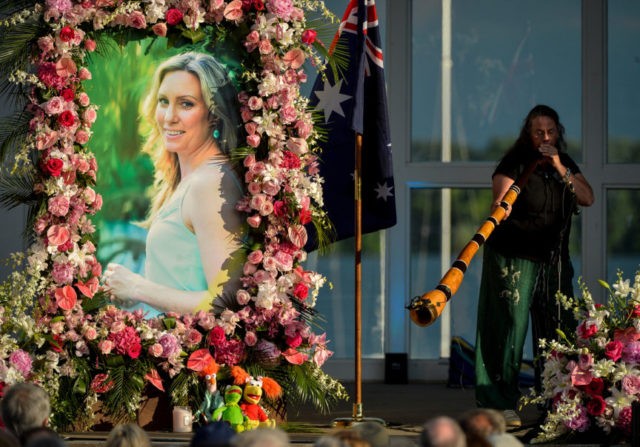MINNEAPOLIS (AP) — Minneapolis police officers must activate their body cameras before they arrive at their destination when they are dispatched to an incident, and will face “progressive discipline” if they don’t comply, the Minneapolis Police Department announced Wednesday.
The department news release describing the tighter rules did not detail how they would be enforced or the nature of the promised “progressive discipline.” Police Chief Medaria Arradondo and Mayor Jacob Frey were scheduled to speak publicly about their plans late Wednesday morning.
The department faced strong criticism last summer after two officers involved in the fatal shooting of an unarmed Australian woman, Justine Ruszczyk Damond, failed to activate their body cameras when they were dispatched to her home. The officer who killed Damond, Mohamed Noor, has been fired and is charged with third-degree murder and second-degree manslaughter.
Arradondo tightened up the department’s body camera policy soon after Damond was killed to require officers to turn their cameras on when responding to every call or traffic stop, but nine months later compliance remains lackluster.
An internal audit in September found that officers were activating their cameras more often, but that use of the technology was inconsistent and some officers never turned them on at all. The City Council then instructed the department to report quarterly on compliance.
But Deputy Chief Henry Halvorson conceded at a council hearing in February that the department was still not tracking whether all officers were routinely using them, nor had it fully staffed an office that was supposed to review footage to ensure that officers complied.
The new rules require officers to activate their cameras at least two blocks from their destinations, or immediately if dispatched to a closer incident. Officers are also required to notify their supervisor if a camera malfunctions. The supervisor will then decide if the officer remains on call.
Lt. Bob Kroll, president of the Minneapolis Police Federation, the union that represents the city’s officers, did not immediately return a message seeking comment on the tighter rules.
Minneapolis launched a body camera pilot project in 2014, just months after the fatal police shooting of Michael Brown in the St. Louis suburb of Ferguson, Missouri, and rolled out the technology throughout the department in 2016. The fatal police shooting of Jamar Clark in Minneapolis in November 2015 and the ensuing street protests added impetus to the project because the two officers involved in that incident didn’t have body cameras.

COMMENTS
Please let us know if you're having issues with commenting.